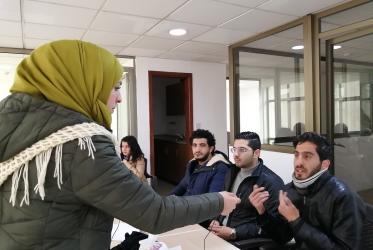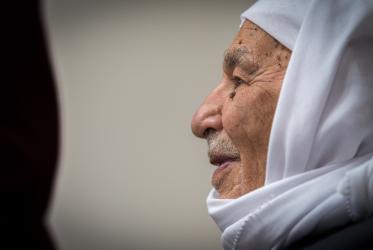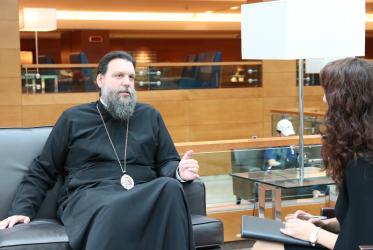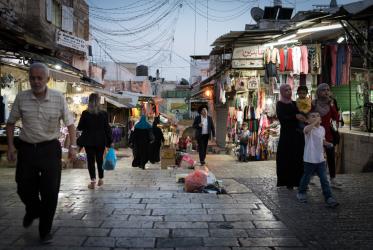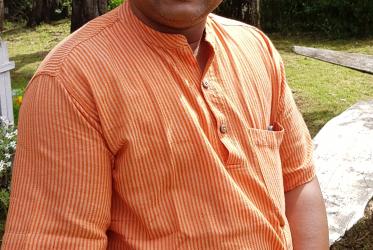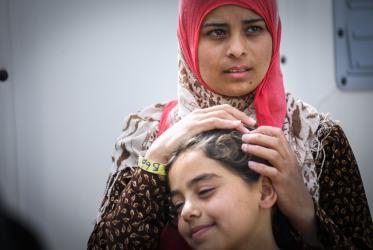Displaying 1 - 20 of 32
06 September 2022
In a COVID-stricken world, “everyone is important”
23 October 2020
Are migrants seen and heard? Conference presses the question
19 October 2020
The cry of the Papuans in Indonesia
14 November 2019
A faith-based, holistic approach to HIV and AIDS-care
13 March 2019
Faith and HIV treatment go hand in hand
06 March 2019
Turning mercy and compassion into action
04 March 2019
On the journey to HIV – bridging gaps, debunking myths
21 February 2019
Dr Samuel George: “Ensure all are included"
12 June 2018
Not just numbers, displaced people need to share their stories
01 February 2018
Christians in China warmly receive WCC delegation
12 January 2018


